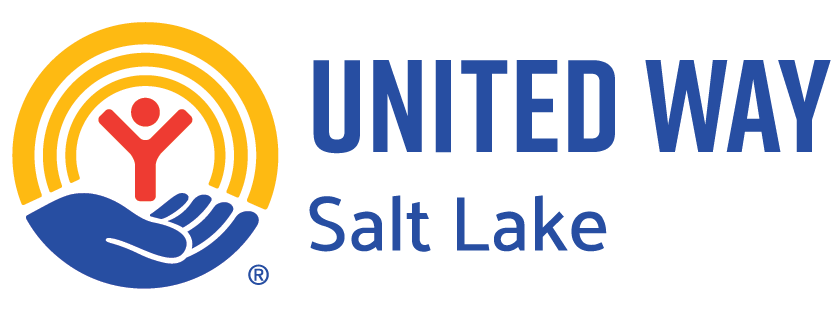Blog
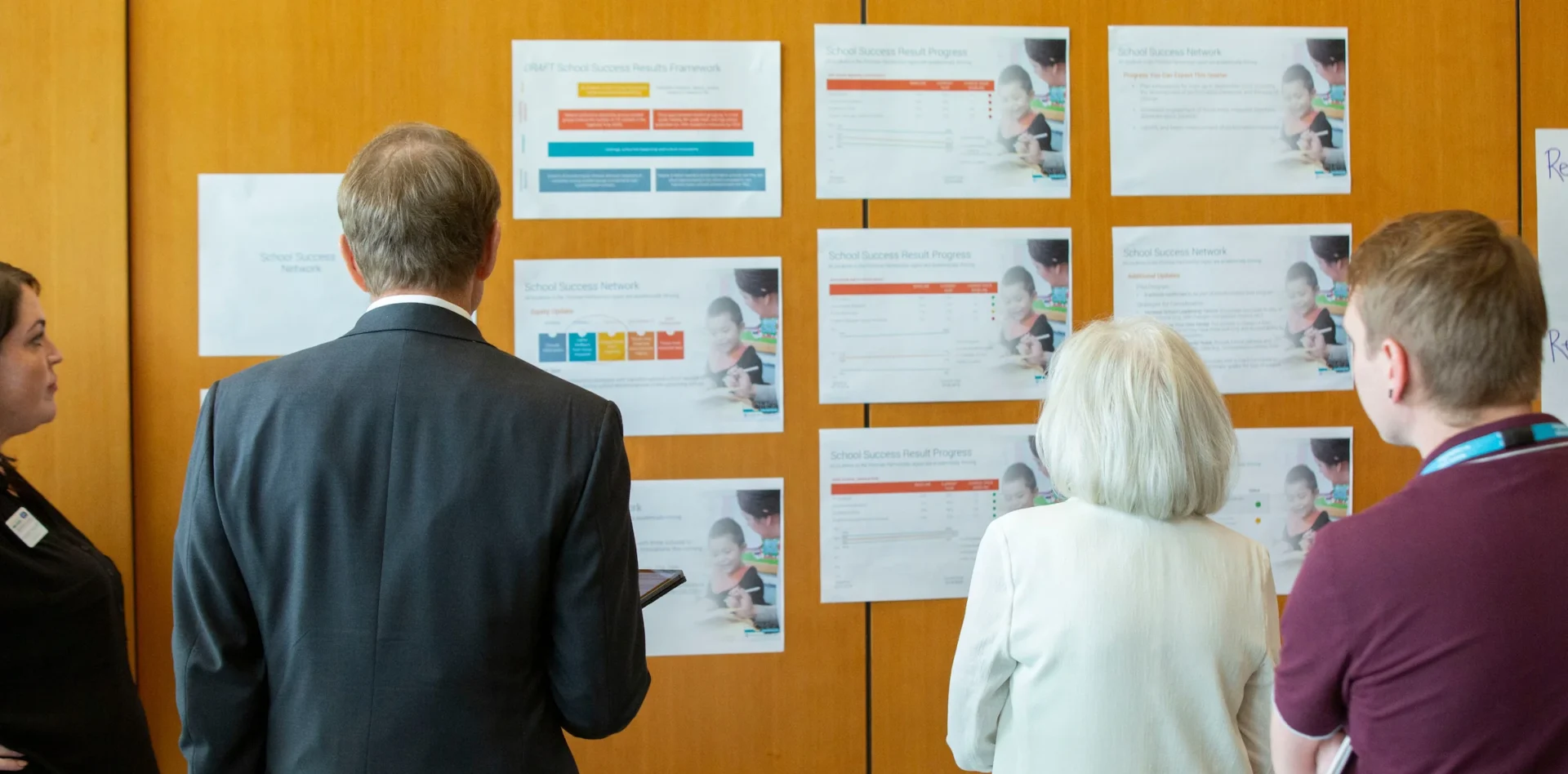
CommunitY Voices
Read stories about the impact of United Way of Salt Lake’s work to improve basic needs and education outcomes in our community.
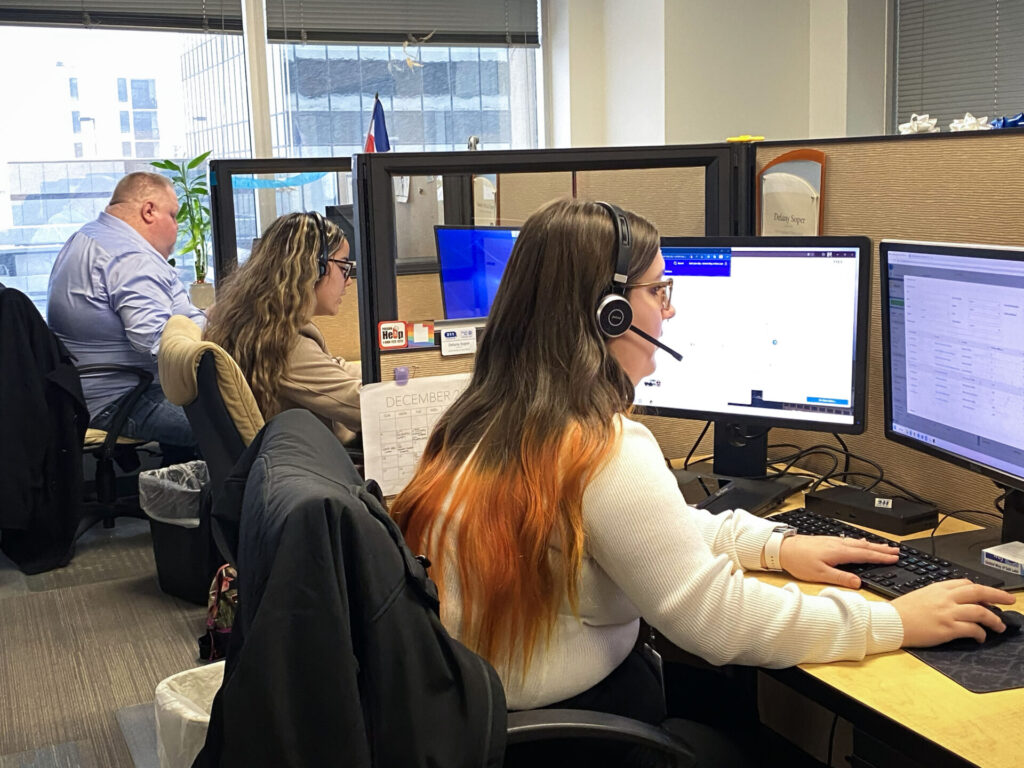
Celebrating National 211 Day
February 11 is National 211 Day—a day to celebrate the impact of 211 Utah connecting people to the help they need. Supported and run by United Ways of Utah (United Way of Salt…
[Read More]
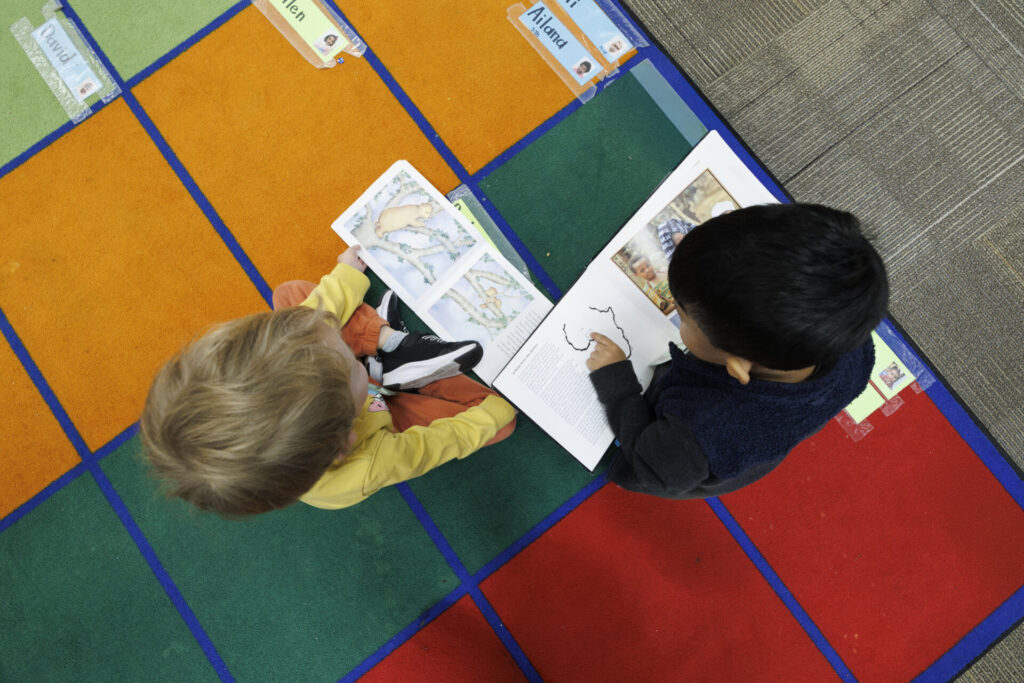
Why Early Literacy Matters
Why Early Literacy Matters United Way of Salt Lake advocates for policies that support strong public education, healthy children and families, and economic…
[Read More]
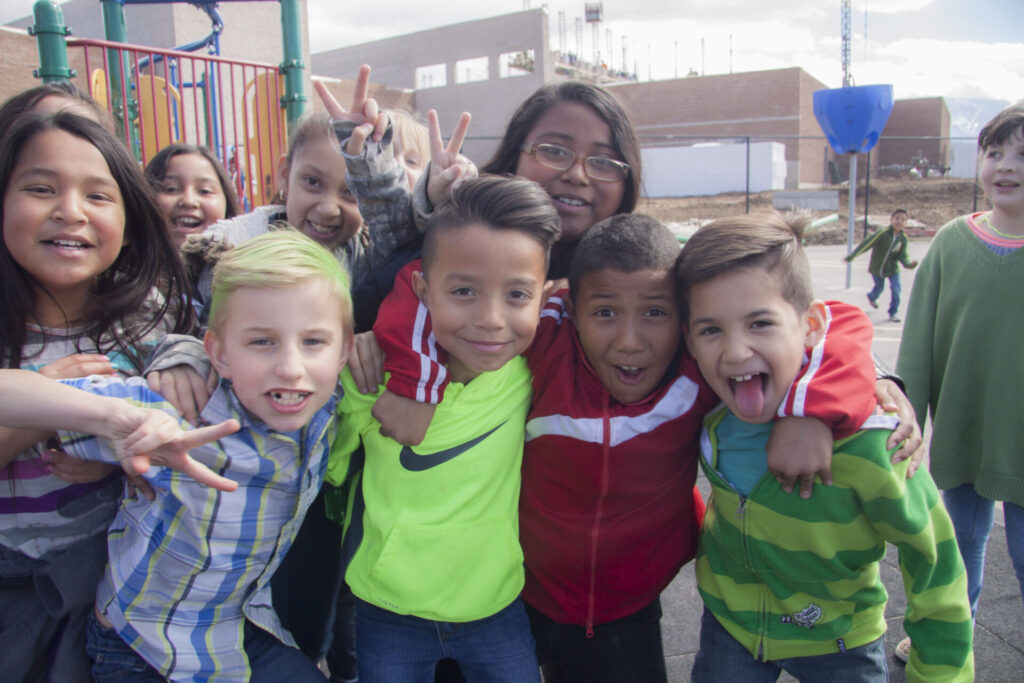
REACH Supports Education & Economic Mobility
United Way of Salt Lake works to create lasting change at the systems level and advocates for policies that support…
[Read More]

2025 Wrapped: Ten Highlights from a Year of Impact
2025 has been a year of meaningful impact at United Way of Salt Lake. Every event, program, and initiative contributed…
[Read More]
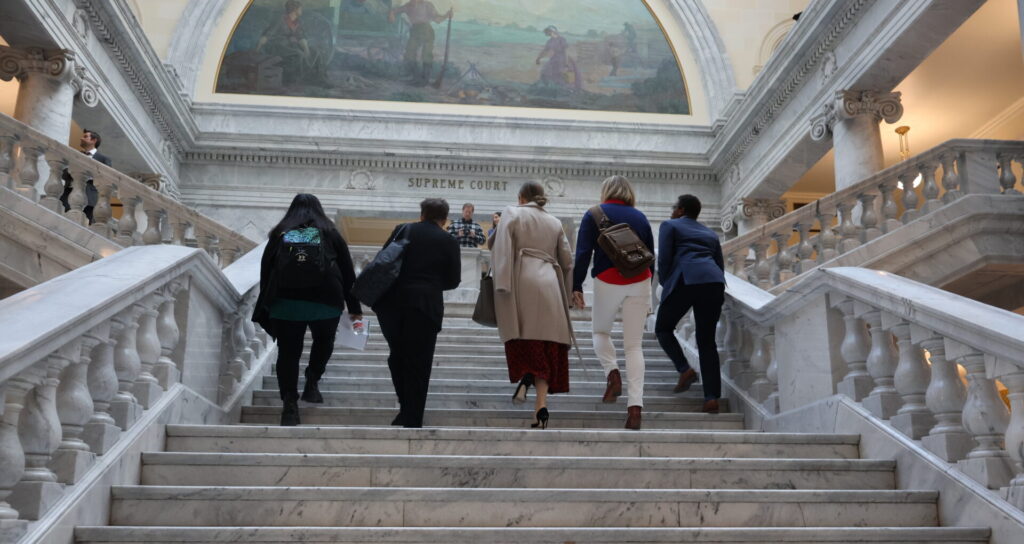
2026 Legislative Priorities
As we head into the 2026 general session, United Way of Salt Lake remains committed to advancing policies that support…
[Read More]
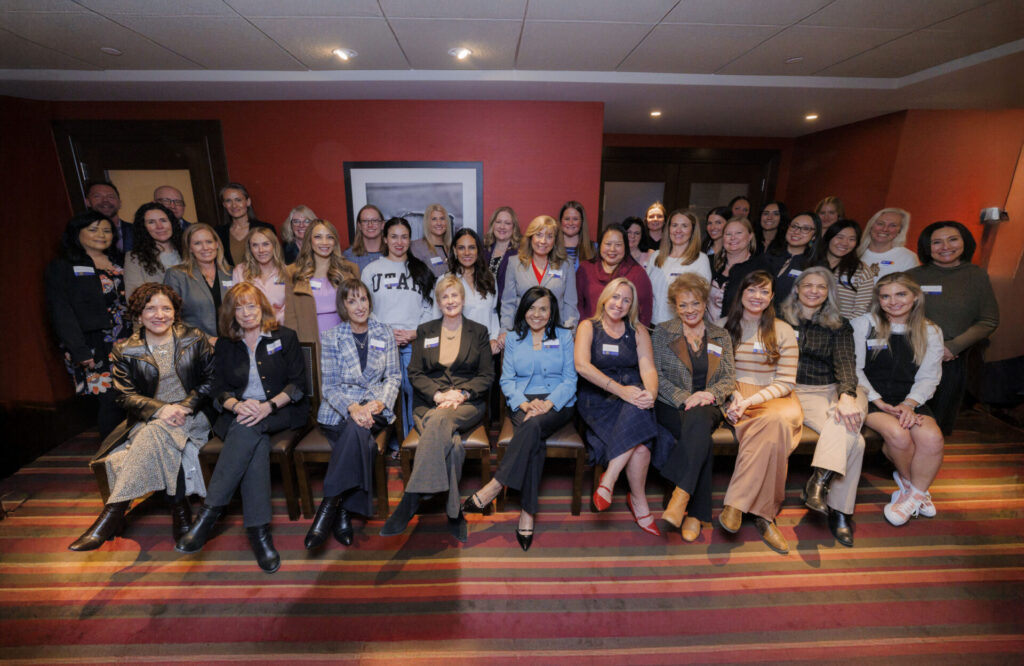
20 Years Women United: A Legacy of Compassion and Action
This year, United Way of Salt Lake celebrates the 20th anniversary of Women United, a group of passionate individuals who…
[Read More]
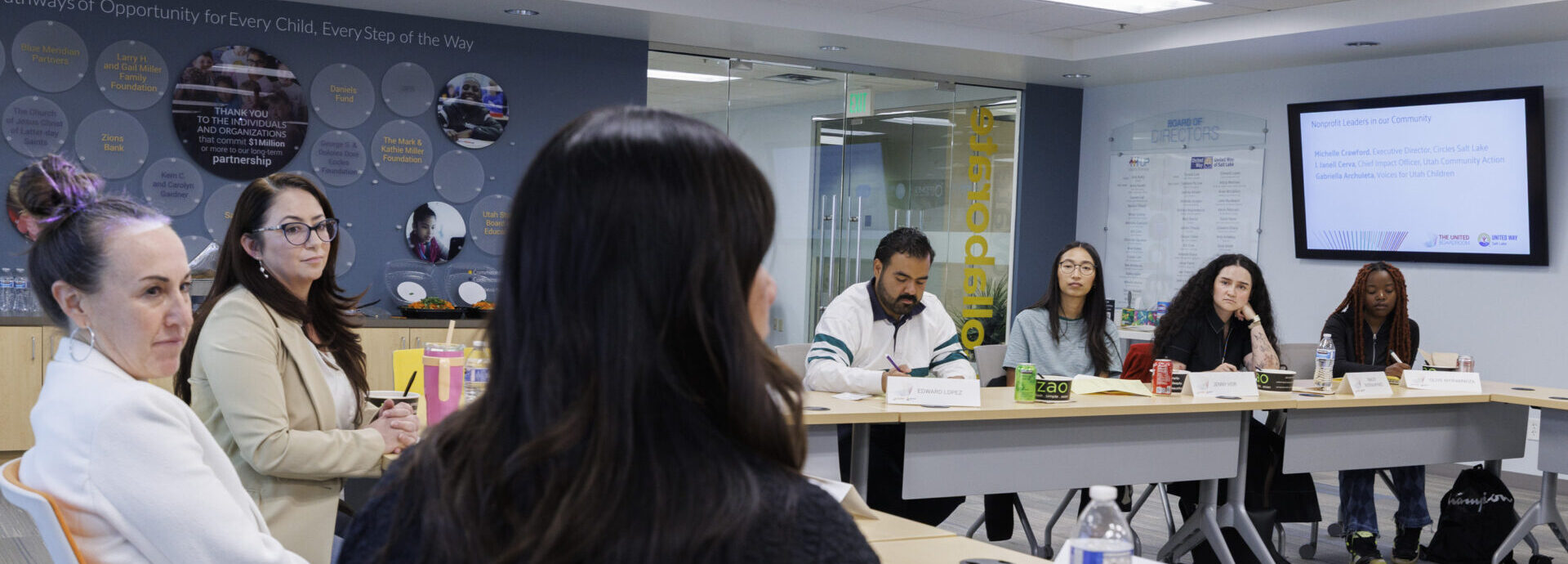
The United Boardroom Empowers Tomorrow’s Nonprofit Leaders
United Way of Salt Lake celebrated the completion of the first cohort of the United Boardroom training program in October….
[Read More]
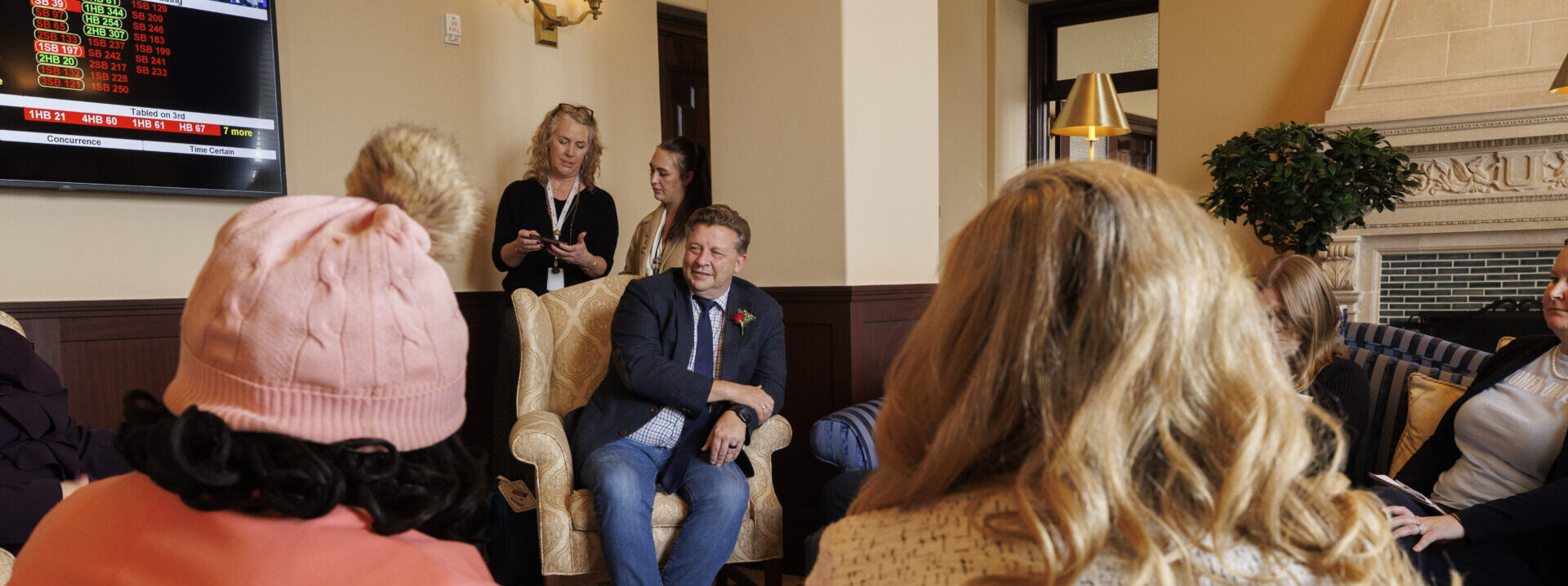
Policy Matters – October
October has been eventful at the state and federal policy levels. Here’s a summary of what has been going on,…
[Read More]
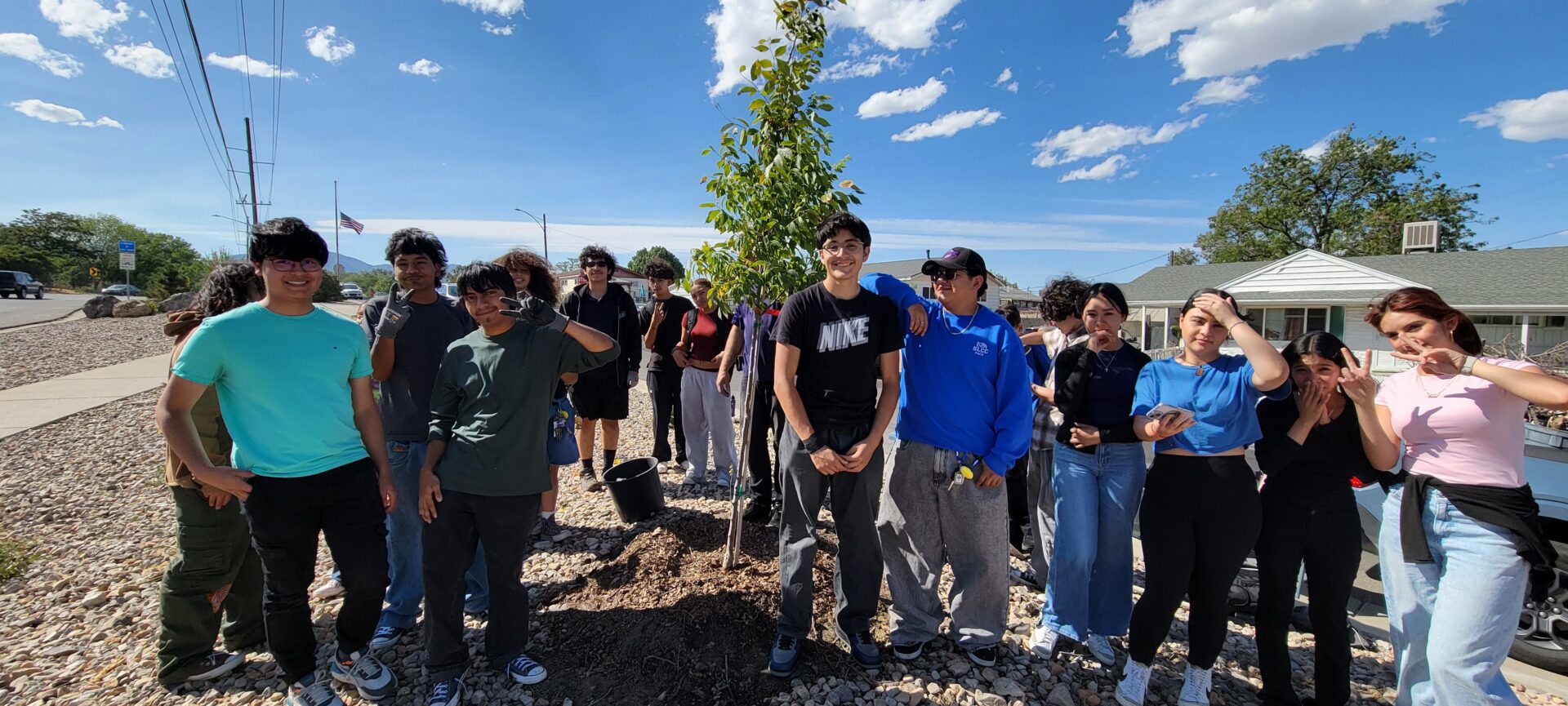
Teacher Highlight: Andrew Busath At Kearns High
An integral part of United Way of Salt Lake’s work to improve education outcomes is supporting and collaborating with the…
[Read More]
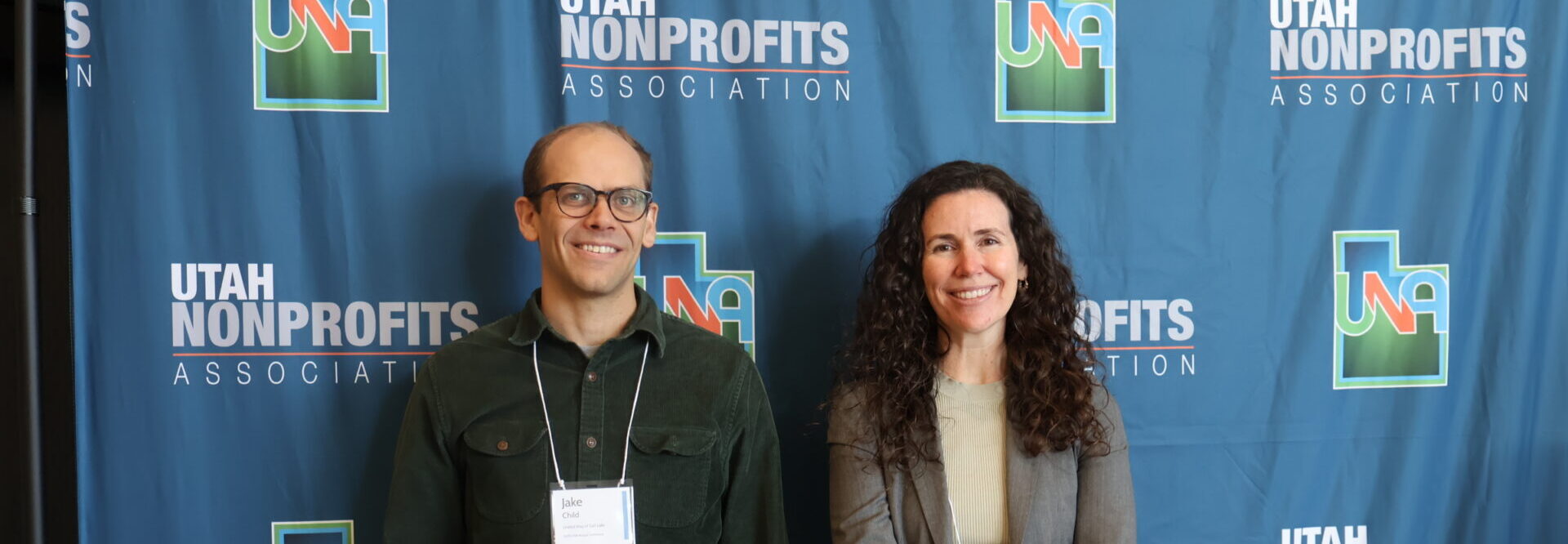
Master Your Budget: Predict and Control Labor Costs with a Simple Excel Model
Presented by: Angela Matthes, Chief Financial Officer and Jake Child, Controller Angela Matthes and Jake Child from United Way of…
[Read More]
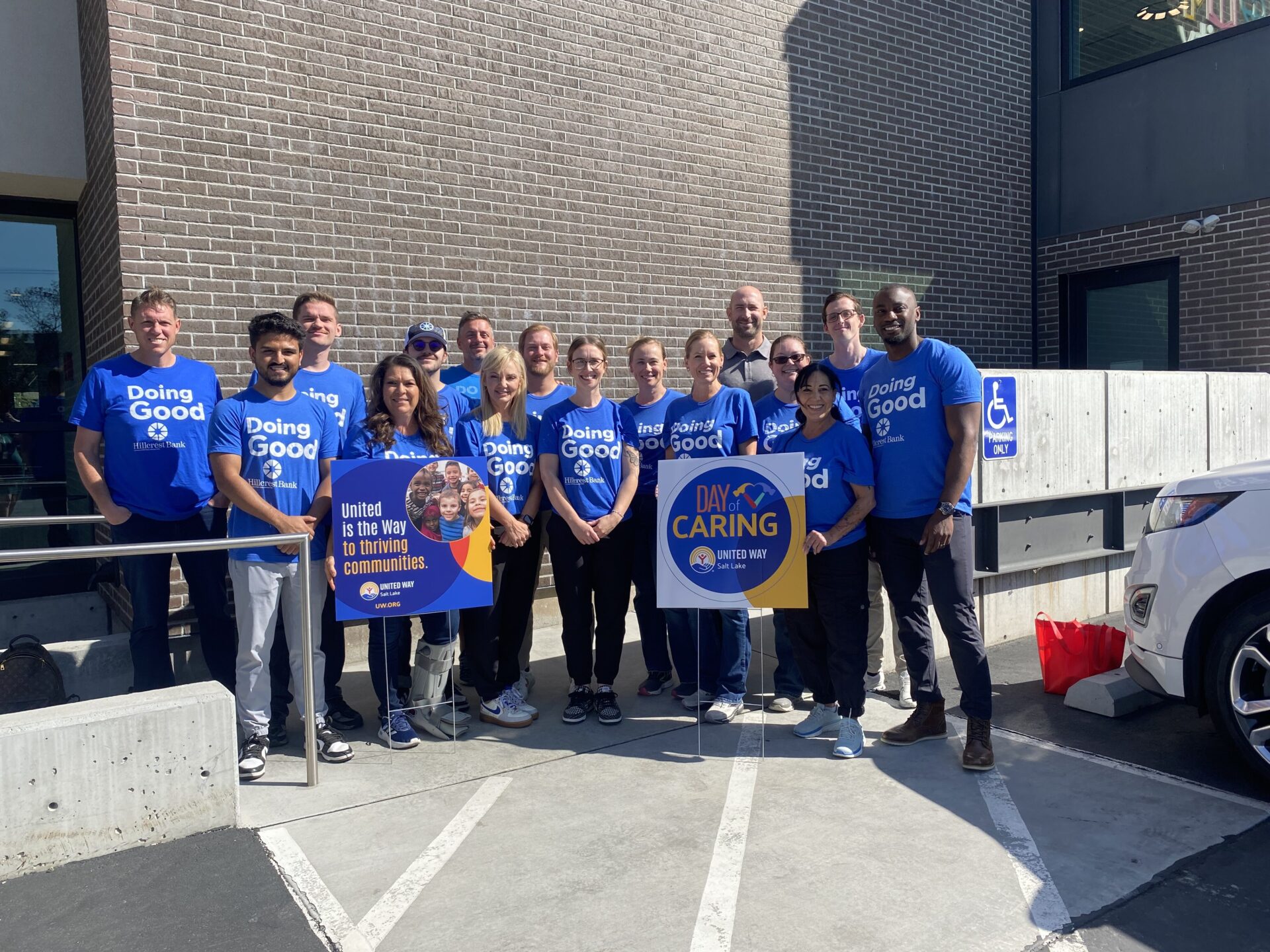
Day of Caring 2025: Volunteers Make a Community Impact
This fall, United Way of Salt Lake hosted the 32nd annual Day of Caring—the largest volunteerism event for United Ways…
[Read More]
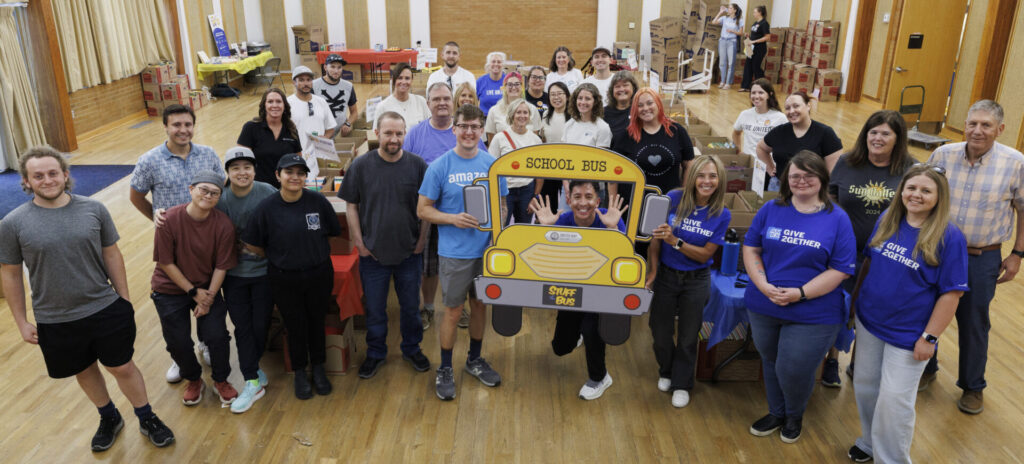
Stuff the Bus 2025 Provided School Supplies for 10,000 Students
This Summer, United Way of Salt Lake rallied corporate and community volunteers to deliver the 15th year of our Stuff…
[Read More]
